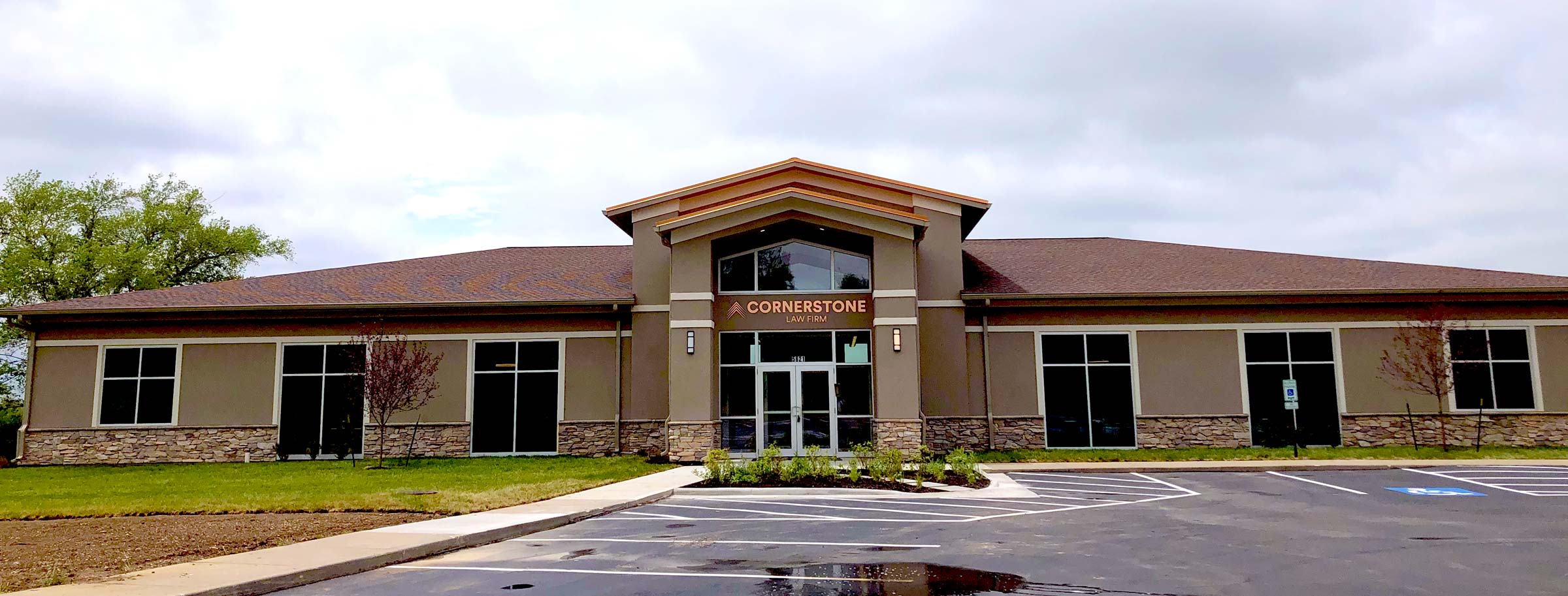DWI laws have a deep history that dates as far back as 1910 in the U.S. While New York was the first state to have a law that prohibited drunk driving, it wasn’t the first city to cite a driver for driving while intoxicated. Drink driving laws have actually been around since the late 1800s with the first known offense occurring in London. The fine at the time – 25 shillings. DWI in Kansas City carries a much stiffer penalty today as it considers the third offense a felony and is one of the several states that have enacted tougher laws to prevent driving while under the influence.
How Did DWI In Kansas City Become Illegal?
After New York adopted its DWI law, the other states across America soon followed suit. While these DWI laws made it illegal to operate a vehicle while intoxicated, they didn’t specify a legal limit until 1938 when the America Medical Association and the National Safety Council provided research that helped to determine 0.15 percent blood alcohol concentration (BAC) as the legal intoxication level.
The invention of the Drunkometer in 1936 and the Breathalyzer in 1953, made way for stronger BAC limits as these devices could measure a person’s alcohol intoxication concentration and determine if they were impaired while driving. Because of the portability of the Breathalyzer, specifically, it became easier for law enforcement officials to test drivers for drunk driving.
DWI in Kansas City became further prohibited in 1984 when through the National Minimum Drinking Age Act, the minimum drinking age was changed to 21. This affected Kansas City as well as all other cities across the U.S.
The change in the drinking age minimum was really spurred by Mothers Against Drunk Driving (MADD) which found that 21,000 people were killed in drunk driving accidents each year during the 1980s. Today, DWI deaths in Kansas City have been reduced to 224 occurrences, according to recent data provided by MADD, a significant decrease from the 80s when the organization was founded.
How Was The BAC For DWI In Kansas City Lowered to .08?

If you are in need of DWI Defense, contact Cornerstone today!
Many states began lowering their BAC in 1998 as part of TEA-21 – a federal grant incentive program that provided additional funding for the adoption of a lower .08 percent BAC. Two years later, Congress passed the.08 percent BAC as the national legal limit, making it illegal to drive a vehicle when intoxicated over this level.
Lowering the legal BAC limit was part of an effort to reduce injuries and deaths related to drunk driving. According to the National Highway Traffic Safety Administration, every two minutes a person is injured in an accident related to drunk driving. These numbers become even more staggering when related to deaths as the National Highway Traffic Safety Administration has found that 27 people in the U.S. die as a result of a DWI crash each day.
When Did Ignition Interlock Devices Become Required For DWI In Kansas City?
In 2014, in an effort to reduce DWI in Kansas City, Missouri began to require ignition interlock devices for all convicted drunk drivers. Since this time, the state has reduced its drunk driving deaths by as much as 9.6 percent, according to research provided by MADD. Missouri was the 18th state to require ignition interlocking devices in the U.S.
DWI in Kansas City, as well as the rest of the state now requires the installation of an ignition interlock device for a first driving under the influence offense. Individuals convicted of DWI must have the device put into their vehicle for at least 90 days as part of their drunk driving penalties.
Since 2015, after Missouri began requiring ignition interlock devices for all convicted DWI offenders, a total of 8600 ignition interlock devices have been installed in the state, according to MADD.
What Are The Current DWI Laws In Kansas City?
Today, DWI in Kansas City carries a weight of up to six months in jail, a fine of up to $500 and the need for alcohol or drug evaluation program. The legal BAC limit across the state is .08 percent. This limit lowers to .04 if you have a commercial license and .02 percent if you are minor.
If convicted, the first offense for driving under the influence in Missouri could cause you to lose your driver’s license for up to 90 days. The second occurrence of DUI may result in a one-year suspension of your driving privileges. A three-time offender of a DWI in Kansas City may be charged with a felony and face up to five years in jail. This is in addition to the suspension of their driving privileges for up to 10 years and the need to complete required alcohol or drug treatment.
What Are The Most Recent Law Changes For DUI In Kansas City?
In 2010, the state of Missouri passed House Bill 1695. Under this bill, changes to DWI laws were made for repeat offenders with high BAC levels. The new DWI laws provided for a centralized database that tracks all DUI offenses, arrests, and dispositions.
The new laws also ordered that municipal courts would no longer hear driving while under the influence cases for offenders with two or more citations whether it be related to alcohol or drugs. At this time, DWI courts were established to provide additional treatment and recovery for repeat offenders that are convicted of high BACs. Though these DWI courts, specific criteria were developed for the courts to provide limited driving privileges for participates of the program as well as the graduates of these state DWI courts.
Most significantly, the new laws prohibit the possibility of expungement of a first DWI offense from an individual’s record if any other alcohol-related contract has been made and recorded or if they have another alcohol-related action pending with the court.
If you have found yourself arrested for a violation of the DWI laws in Kansas City, contact the Cornerstone Law Firm. Its professional and experienced attorneys can help you understand your rights when it comes to the state’s drunk driving laws and guide you on the legal process. Call Cornerstone today!


